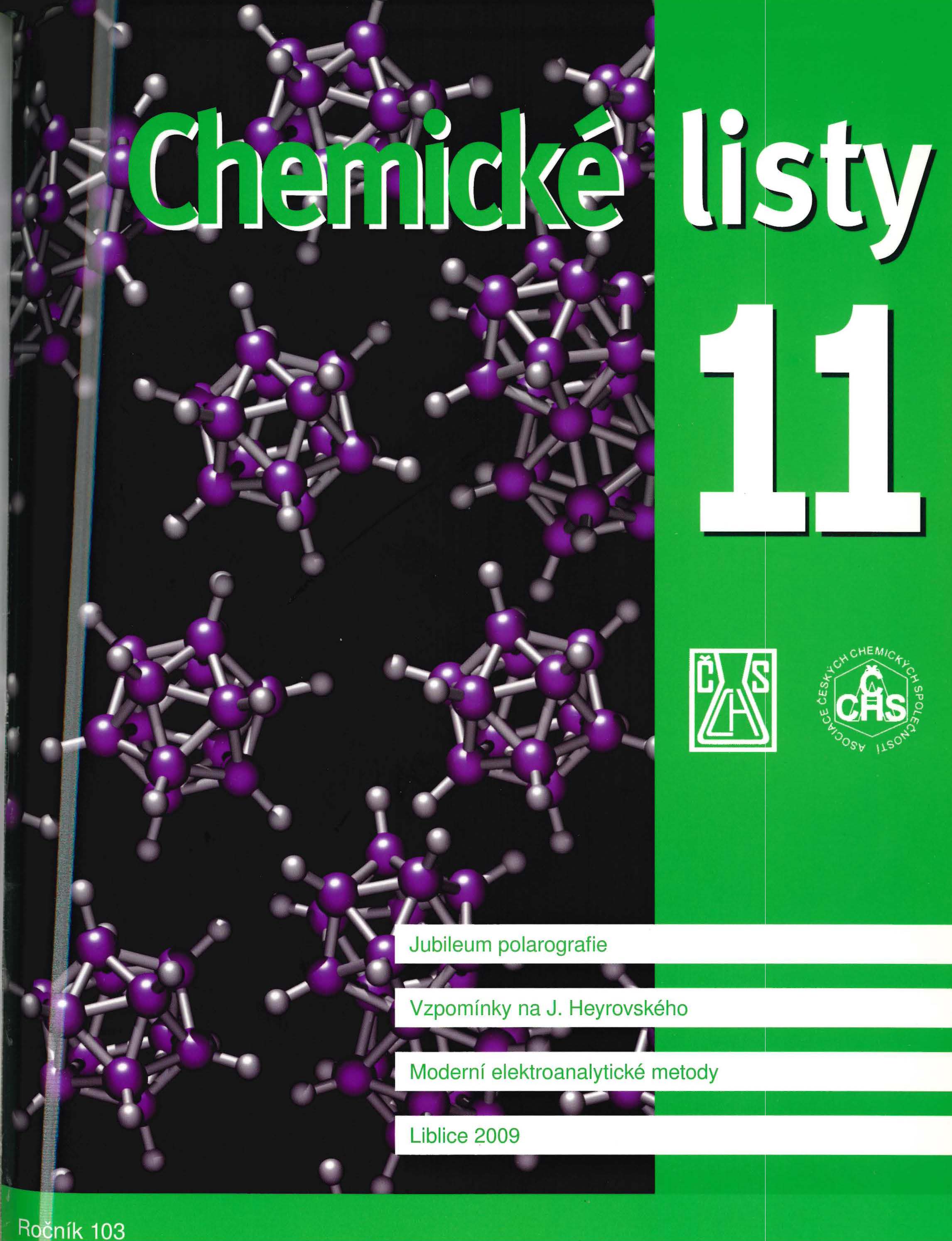Styrene and Styrene Oxide: Their Metabolism and Analytical Methods for Determination of Their Adducts with Proteins
Abstrakt
A review of the current knowledge of the styrene and styrene oxide metabolism in laboratory animals and humans. Styrene ranks among the most important monomers in the manufacture of plastics and styrene oxide is the main intermediate involved in its metabolism. Both chemicals exhibit adverse effects. Various analytical methods have been developed for assessing their concentrations in organisms. Determination of their protein adducts shows several advantages over their determination in urine or as DNA adducts due to their stability and easy availability. The protein adduct determination by a modified Edman degradation, Raney-nickel cleavage, alkaline hydrolysis and enzymatic hydrolysis is described. Styrene oxide adducts with various globin amino acids have been also studied by these methods. A modified Edman degradation has proved to be a most sensitive method, with a limit of detection of the order of pmol per g of globin.Stahování
Publikováno
15.12.2009
Jak citovat
Jágr, M., Pacáková, V., & Petříček, M. (2009). Styrene and Styrene Oxide: Their Metabolism and Analytical Methods for Determination of Their Adducts with Proteins. Chemické Listy, 103(11). Získáno z http://ww.w.chemicke-listy.cz/ojs3/index.php/chemicke-listy/article/view/1439
Číslo
Sekce
Články





